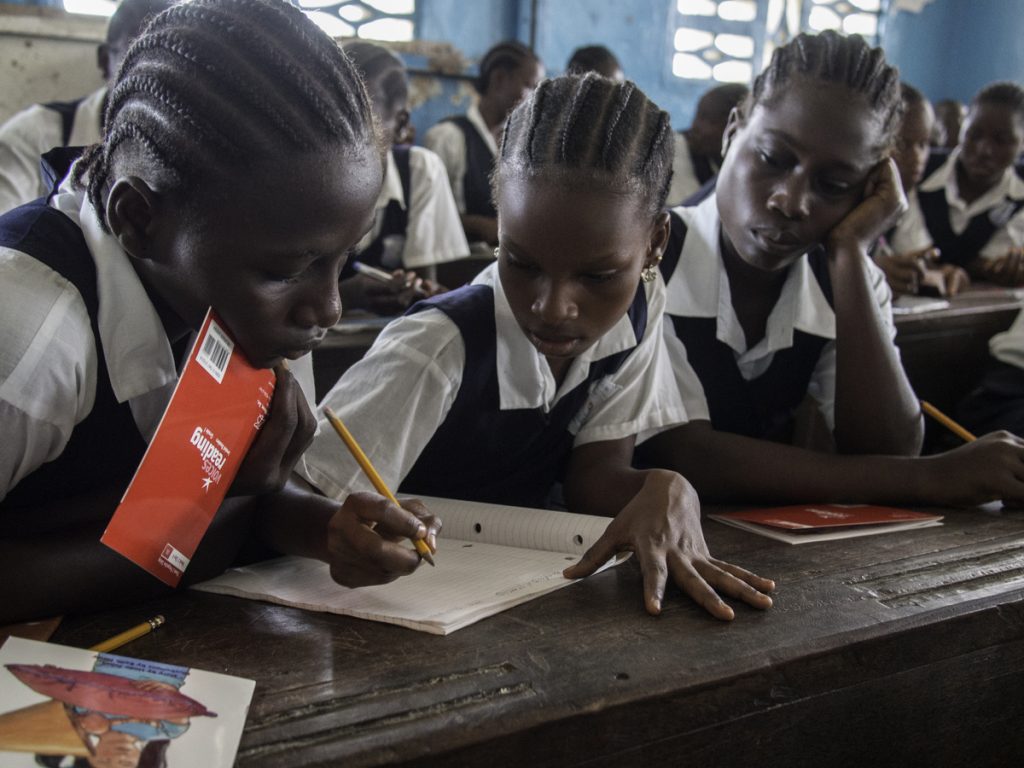Liberian education minister George Werner has learned to think outside the box and has chosen to do something that has never been done before in any African country. He has opted to establish a public-private partnership education plan with an American startup.
Werner’s officials have signed a memorandum of understanding with a low-cost nursery and primary private school chain called Bridge International Academies, an organization which utilizes a technology-based approach to offer standardized education to students in developing countries; like Liberia.
Of course, while it makes sense on the surface—for a developing African nation, like Liberia, to seek funding from a well-off, and well-meaning, American startup—the move has received much criticism from not only teachers but also civil society groups and even the United Nations special rapporteur on education rights.
 Minister Werner, however, stands his ground, conceding that Liberian schools are performing at such low levels that they need to take drastic action.
Minister Werner, however, stands his ground, conceding that Liberian schools are performing at such low levels that they need to take drastic action.
“We are not trying to privatize public education in Liberia,” he assures. “What we are trying to do is to have a partnership with private providers to manage some schools on behalf of the government. Government will own those schools; government will oversee those schools; the teachers in those schools will be government teachers paid within the regulation of the civil service.”
Currently, Liberia has approximately 1.5 million children enrolled in primary school programs. The government, however, said that only 20 percent of this children will complete the 12th grade. Of course, the nation has faced many years of civil war so it is not like problem is misunderstood; but with such a failure rate, Werner warns that the government cannot persist to allow students to remain trapped within an education system that is simply not working.
He goes on to say, “We have come to the conclusion that going forward the government cannot do it alone. The statistics are grim for us; we do not have sufficient trained and qualified teachers; our teacher attendance is poor, and the learning outcome for every student is dismal. So what we are trying to do is to leverage the best of the private sector in terms of management systems and accountability and governance to improve all of these elements
